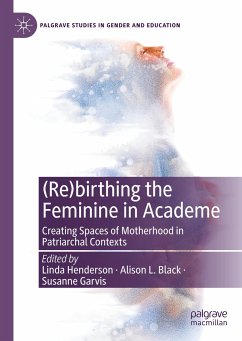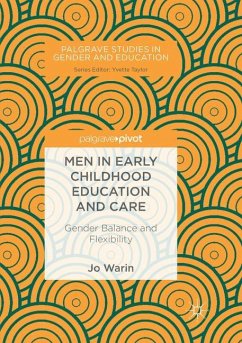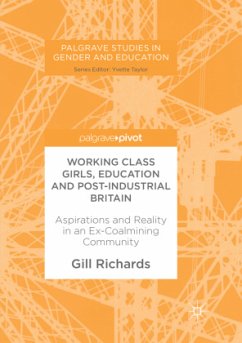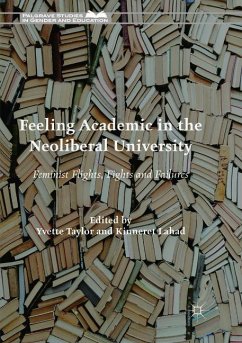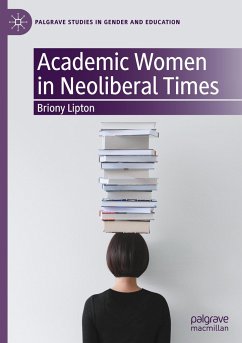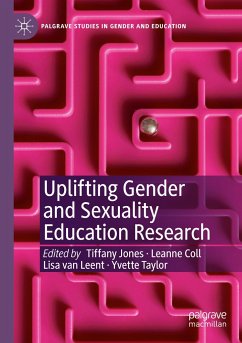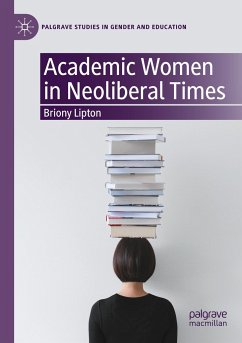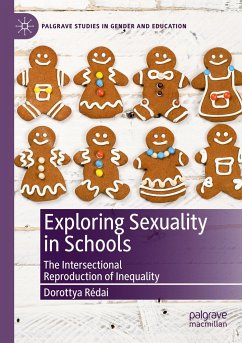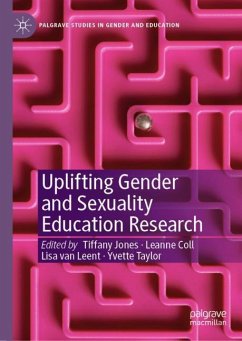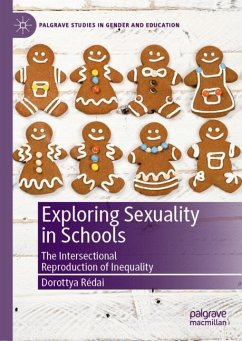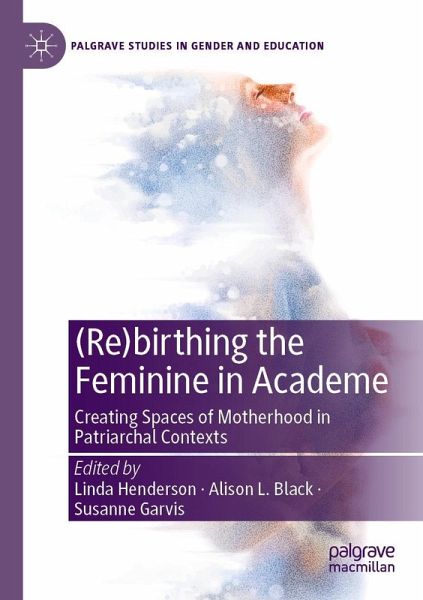
(Re)birthing the Feminine in Academe
Creating Spaces of Motherhood in Patriarchal Contexts
Herausgegeben: Henderson, Linda; Black, Alison L.; Garvis, Susanne
Versandkostenfrei!
Versandfertig in 6-10 Tagen
106,99 €
inkl. MwSt.

PAYBACK Punkte
53 °P sammeln!
This book engages expansively with the concept of motherhood in academia, to offer insights into re-imagining a more responsive higher education. Written collaboratively as international, interdisciplinary and intergenerational collectives, the editors and contributors use various ways of understanding 'motherhood' to draw attention to - and disrupt - the masculine structures currently defining women's lives and work in the academy. Shifting the focus from patriarchal understandings of academe, the narratives embrace and champion feminist and feminine scholarship. The book invites the reader t...
This book engages expansively with the concept of motherhood in academia, to offer insights into re-imagining a more responsive higher education. Written collaboratively as international, interdisciplinary and intergenerational collectives, the editors and contributors use various ways of understanding 'motherhood' to draw attention to - and disrupt - the masculine structures currently defining women's lives and work in the academy. Shifting the focus from patriarchal understandings of academe, the narratives embrace and champion feminist and feminine scholarship. The book invites the reader to question what can be conceived when motherhood is imagined more expansively, through lenses traditionally silenced or made invisible. This pioneering volume will be of interest and value to feminist scholars, as well as those interested in disrupting patriarchal academic structures.



